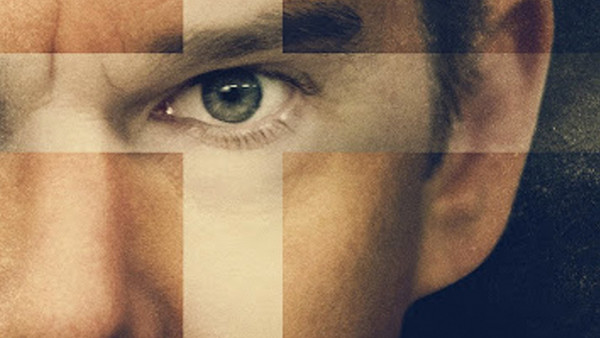First Reformed: What Does The Ending Really Mean?
1. Toller's Spiritual Salvation

When asked directly about the meaning of the ending, Schrader himself said:
"I don’t have the answer. Both answers are correct. On one level, it’s a miracle. Grace descends and he’s saved from his suicidal ways. On the other hand, there he is in Gethsemane with the cup in his hand and he’s saying, 'Lord, please let this cup pass from me.' But he doesn’t, and he drinks it, and now he’s on all fours, purging out his stomach. And God, who hasn’t talked to him for the whole film, now comes over to him and says, 'Rev. Toller, would you like to see what heaven looks like? I’m going to show it to you, right now. I’m going to open the gates. It looks like one long kiss.' And that’s the last thing he sees.'"
Schrader has been careful to give both main theories equal footing in interviews, and if we take his comments at face value, both potential endings can be said to represent a spiritual revitalisation for Toller.
If Mary really does enter the room, unlikely though it might be, then his soul is saved (in the mental health sense of the word), and he's able to approach whatever remains of his life with happiness and dignity.
But if it's a dying vision, then the ecstatic kiss bolsters Toller's belief and points him towards what lies beyond once the Drano has worked its way through his body.
Whether Toller ultimately lives or dies, he achieves a personal salvation of sorts, and that's the best any of us - religious or otherwise - can hope for in this crazy world.
What's your take on the ending of First Reformed? Shout it out in the comments!